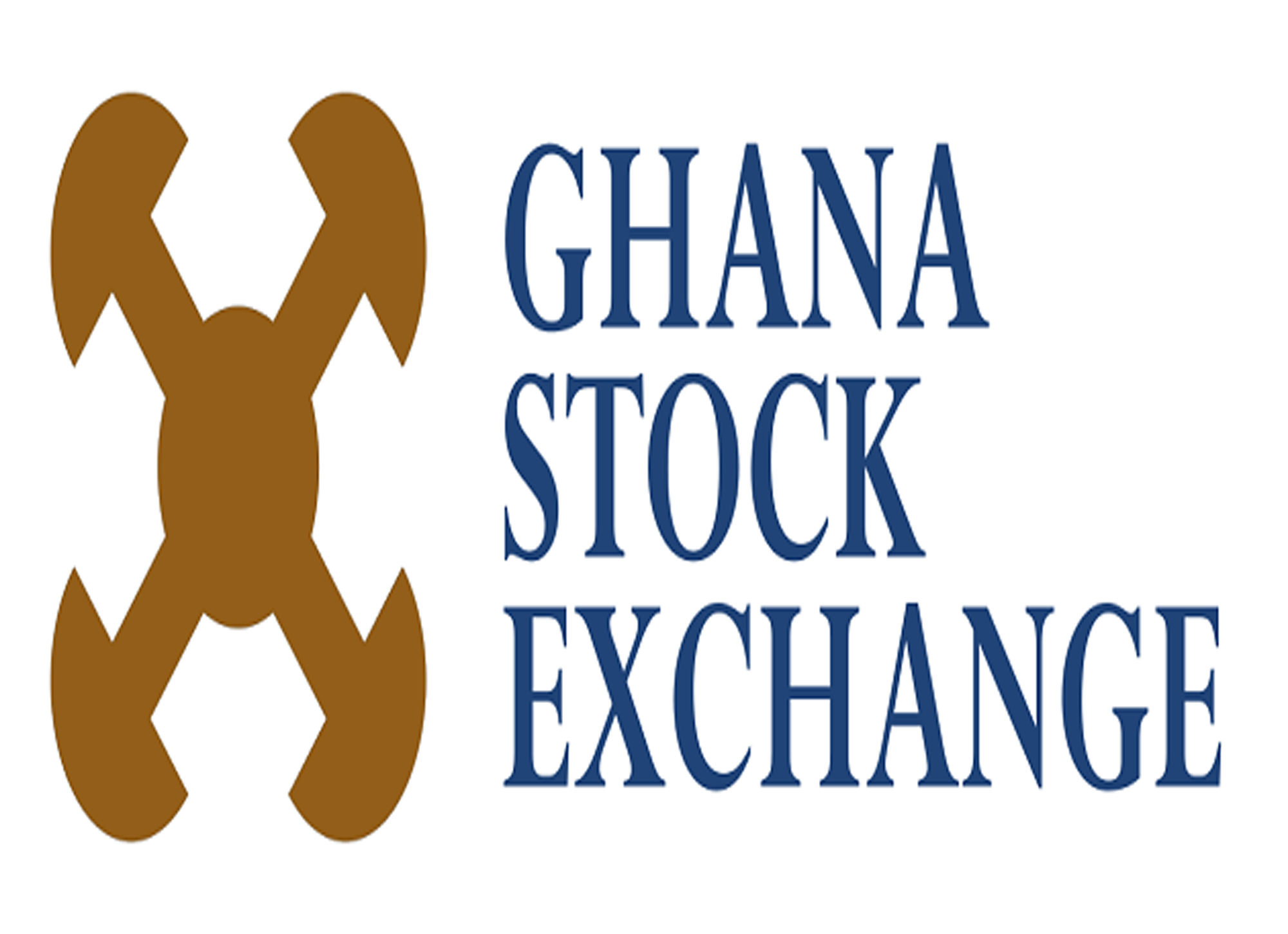Value losses on Africa’s stock markets reached $142.6 billion in the first quarter this year, according to data from Capital IQ.
Nearly 716 listed companies saw a value dip between January 1 and March 31 this year.
For 110 companies, no particular evolution was observed on the Africa’s stock markets while 143 others experienced growth.
For all stock markets on the continent, this makes an improvement of $8.8 billion for a net loss of $133.8 billion.
For about 543 of these companies, the decline in stock market valuation is above 10%.
Although experts did not particularly comment on this value decline, it is strongly linked to the triple shock of the decline in oil products, the economic impacts of the coronavirus and the almost simultaneous restrictions on economic activities around the world.
In 2019, many African governments continued to work to stabilize their heavy debt burdens and reduce pressures on their credit profiles.
These plans were generally based on assumptions of broadly stable economic and financial conditions. The current shocks are putting strong pressure on the ability of these countries to rapidly reduce public spending and redirect fiscal policies.
Source: Ecofinagency
Africa’s case counts
The coronavirus pandemic is crumpling every fact of the global economy and Africa’s is no exception.
It is killing people, rendering others jobless overnight, folding up businesses and disrupting the financial markets.
Currently, the total confirmed cases in Africa stands at 9,029 out of which 870 have recovered with confirmed deaths reported to be around 437.
Ghana’s cases currently stand at 214, including 5 deaths, 3 recoveries, 49 discharged from treatment facilities and currently being managed at home, 155 are responding to treatments and two persons are “moderately ill”.
According to the President of Ghana, H.E. Nana Akuffo-Addo, out of the 1030 travelerS who were placed on mandatory quarantine, 105 have tested positive while 804 have been released from quarantine to go home.
Stimulus packages
Due to the debilitating impact of the covid-19 on businesses, Government across the world have announced stimulus packages to reduce the financial losses to business firms.
For instance, the Government of Ghana has tasked it Finance Minister is to seek the approval of Parliament to spend one billion cedis under a Coronavirus Alleviation Programme to cushion Ghanaians as government tightens measures to control the spread of the deadly coronavirus.
President Akufo-Addo in his Friday, March 27, 2020 evening address to the nation, says the amount will mitigate the impact of the Coronavirus on businesses and households and ensure that job losses are minimized.
“The Minister for Finance…will, then, immediately make available a minimum of one billion cedis (GH¢1 billion) to households and businesses, particularly small and medium scale enterprises,” President Akufo-Addo announced.
“commercial banks are, in addition, responding to the Bank of Ghana’s 1.5% decrease in the Policy Pate and 2% in reserve requirement with a GH₵3 billion facility, to support industry especially in the pharmaceutical, hospitality, service and manufacturing sectors”, he added.
Additional relief
Furthermore, the President also announced the provision of additional relief, such as extension of the tax filing date from April to June.
Again, effective April 1, 2020, there will be a two percent reduction of interest rates by banks, a six-month moratorium of principal repayments to entities in the airline and hospitality industries by the banks
“All other sector credit exposures will be reviewed on a case by case basis; mobile money users can send up to one hundred cedis (GH¢100) for free; and a one hundred percent (100%) to three hundred percent (300%) increase in the daily transaction limits for mobile money transactions”, he assured.
Again, in last night’s, Sunday, April 5, 2020, address by the President, Government said it will be dolling out GH₵600 million to micro, small and medium scale enterprises as “soft loans scheme”.
This he stated will be done in collaborations with the National Border for Small Scale Industries (NBSSI), Business and Trade Associations as well as Rural and Commercial Banks.
The loan, he said, will however have a one-year moratorium and two-year repayment period











